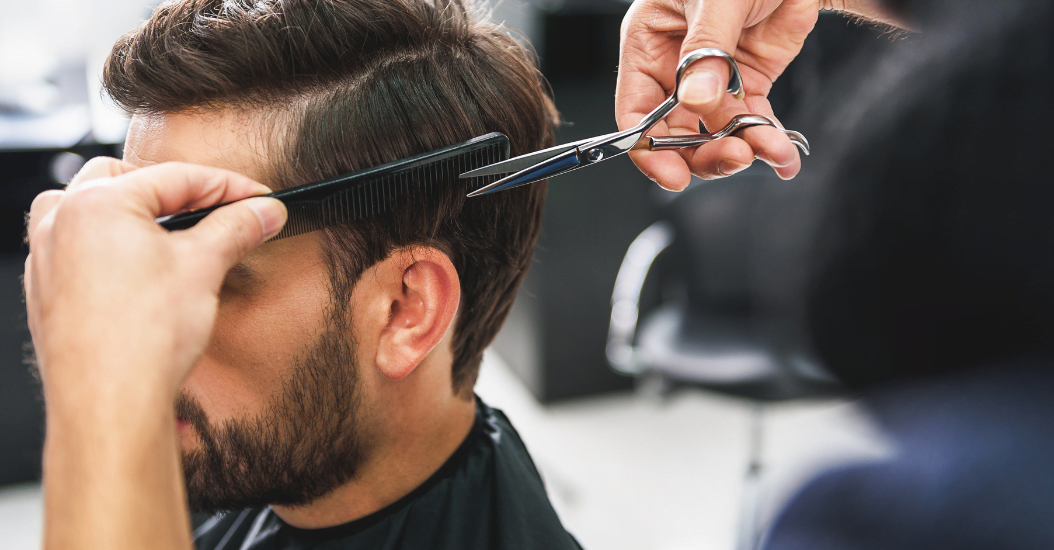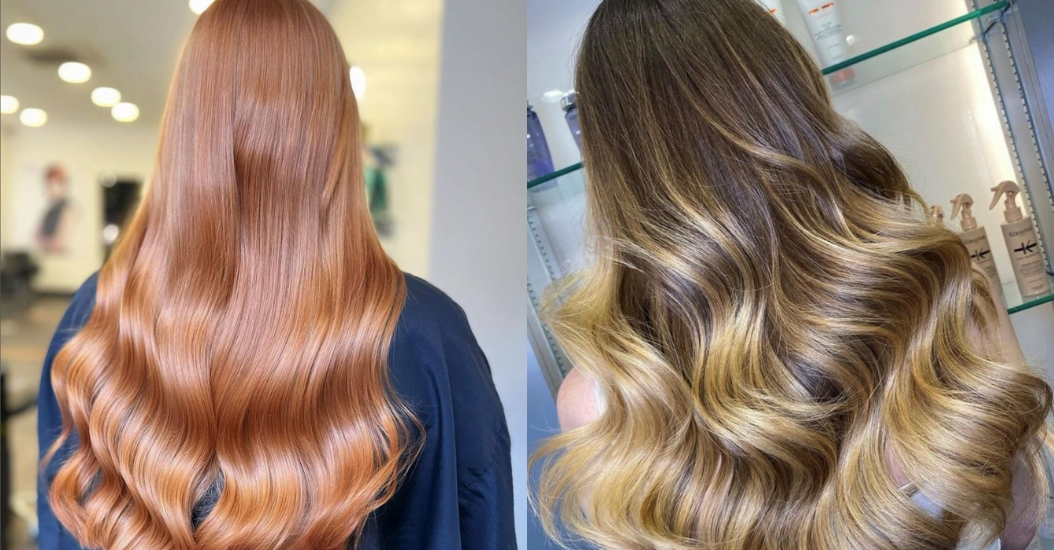In the world of hair grooming, the debate of clipper vs. trimmer is a common one, as both electric clippers and trimmers are essential tools that have revolutionized the way we style and maintain our hair.
Although they may seem similar at first glance, understanding the clipper vs. trimmer distinction is crucial for knowing their intended purposes and understanding how they are designed for different tasks.
This article breaks down the nuances of these two devices, helping you understand how they function, how they differ, and how you can choose the right tool for your grooming needs.

What are Electric Hair Clippers?
Electric hair clippers are designed primarily for cutting longer hair. They are robust, powerful tools that can handle thick and coarse hair with ease. Clippers come with various guard sizes, allowing you to control the length of the hair being cut. This feature makes them ideal for creating fades, buzz cuts, and other hairstyles that require precision in length.
Key Features of Clippers
Motor Strength: Clippers are equipped with powerful motors suited for cutting through large volumes of hair quickly.
Guard Attachments: They come with a range of guard sizes for different hair lengths.
Blade Width: Clippers have wider blades, which cover a larger area, making them suitable for cutting more hair in a single pass.

What are Electric Hair Trimmers?
When considering clipper vs. trimmer, electric hair trimmers are designed for finer, more detailed work. They are perfect for outlining, edging, and cleaning up hairlines and facial hair. Trimmers have thinner blades that allow for more precision, making them ideal for intricate designs and styling.
Key Features of Trimmers
Precision Blades: Trimmers feature narrower blades for detailed work.
Lightweight and Maneuverable: They are generally lighter and easier to handle, allowing for greater control.
Specialized Use: Best for edging, detailing, and finishing touches.

Clipper vs. Trimmer Key Differences
In the clipper vs. trimmer comparison, understanding the differences between these two tools is crucial for achieving the desired hair grooming results.
Purpose: Clippers are meant for bulk hair cutting; trimmers are designed for detailing and fine-tuning.
Blade Size: Clippers have wider blades; trimmers have narrower, more precise blades.
Motor Power: Clippers usually have more powerful motors to cut through thick hair.
Versatility: Clippers are more versatile in adjusting hair length, whereas trimmers are specialized for edges and fine lines.
Size and Weight: Trimmers are generally smaller and lighter than clippers.

Choosing the right tool is essential for a sleek hair cut. Here are the main instances when to use a clipper vs. trimmer.
When to Use a Clipper
Bulk Hair Cutting: Ideal for reducing hair length significantly.
Creating Fades and Blends: Excellent for hairstyles that require gradual changes in length.
Cutting Thick Hair: Their powerful motors can handle dense hair without pulling or snagging.
When to Use a Trimmer
Detailing and Edging: Perfect for cleaning up hairlines, necklines, and around the ears.
Beard and Mustache Grooming: Ideal for shaping and maintaining facial hair.
Intricate Designs: Suitable for creating detailed hair designs or patterns.
Our Top Clipper vs. Trimmer Recommendations
Maintenance and Care of Electric Grooming Tools
To ensure longevity and optimal performance in the clipper vs. trimmer debate, both clippers and trimmers require regular maintenance.
Cleaning: Remove hair and debris from the blades after each use.
Lubrication: Regularly oil the blades to keep them sharp and efficient.
Storage: Store in a dry place and protect from moisture and dust.

Why Trust Us?
Our insights in this article are drawn from a team of seasoned professionals who are deeply entrenched in the latest trends, technologies, and techniques in hair grooming. With years of experience and a keen eye for what works, our recommendations are backed by real-world application and continuous interaction with industry experts.
Whether you’re a grooming novice or a seasoned stylist, you can trust that our advice in the clipper vs. trimmer debate is designed to help you look and feel your best.
Final Verdict
Although electric hair clippers and trimmers may appear similar, they are designed for different purposes in the hair grooming process. Clippers are your go-to for bulk hair cutting and creating various hairstyles, whereas trimmers excel in precision work, detailing, and finishing touches.
Understanding the clipper vs. trimmer differences is key to selecting the right tool for your specific hair grooming needs. With proper care and maintenance, both clippers and trimmers can be valuable additions to your grooming arsenal, ensuring that you always look your best.
FAQ
-
-
Trimmer guards are not the same as clipper guards; they are typically smaller and designed for finer adjustments and detailing work, whereas clipper guards help achieve a specific haircut number.
-
Hair clippers can be used for trimming beards, but they may not offer the same level of precision and detailing as a dedicated beard trimmer.
-
Using a clipper as a trimmer is possible for bulk hair reduction, but it may not provide the precision needed for fine detailing and edging that trimmers are useful for.
-
A trimmer can be used without a guard for extremely close cuts and precise detailing, such as shaping edges or creating clean lines.
-
Barbers use different clippers and trimmers because each tool is specialized for specific tasks: clippers for bulk hair cutting and trimmers for precision detailing and edging.
-
Trimmers generally cut closer than clippers do because of their finer blades and are better suited for detailed work, like shaping edges and creating clean lines.
-




